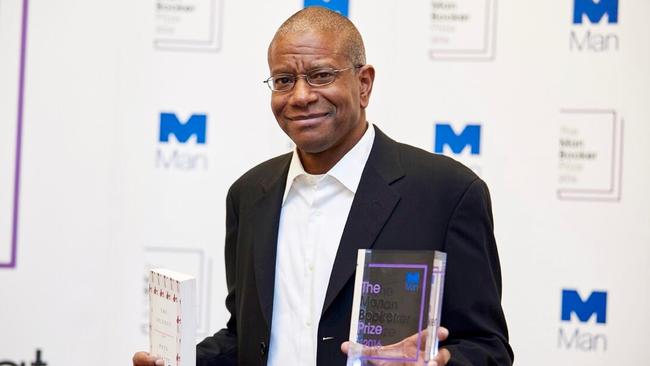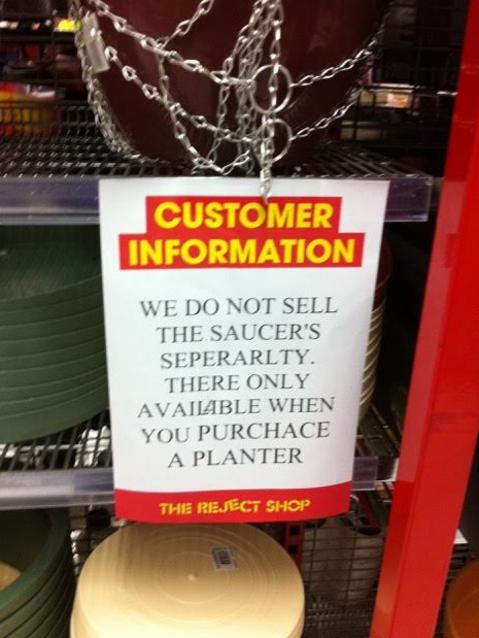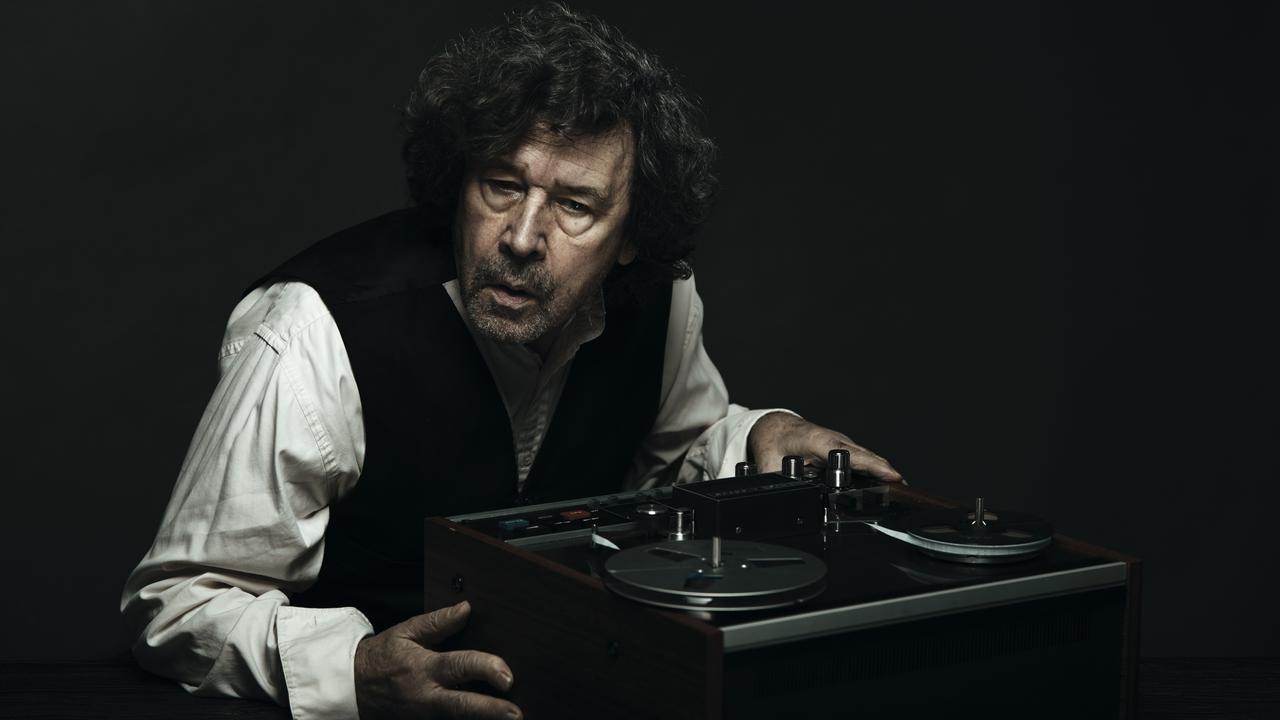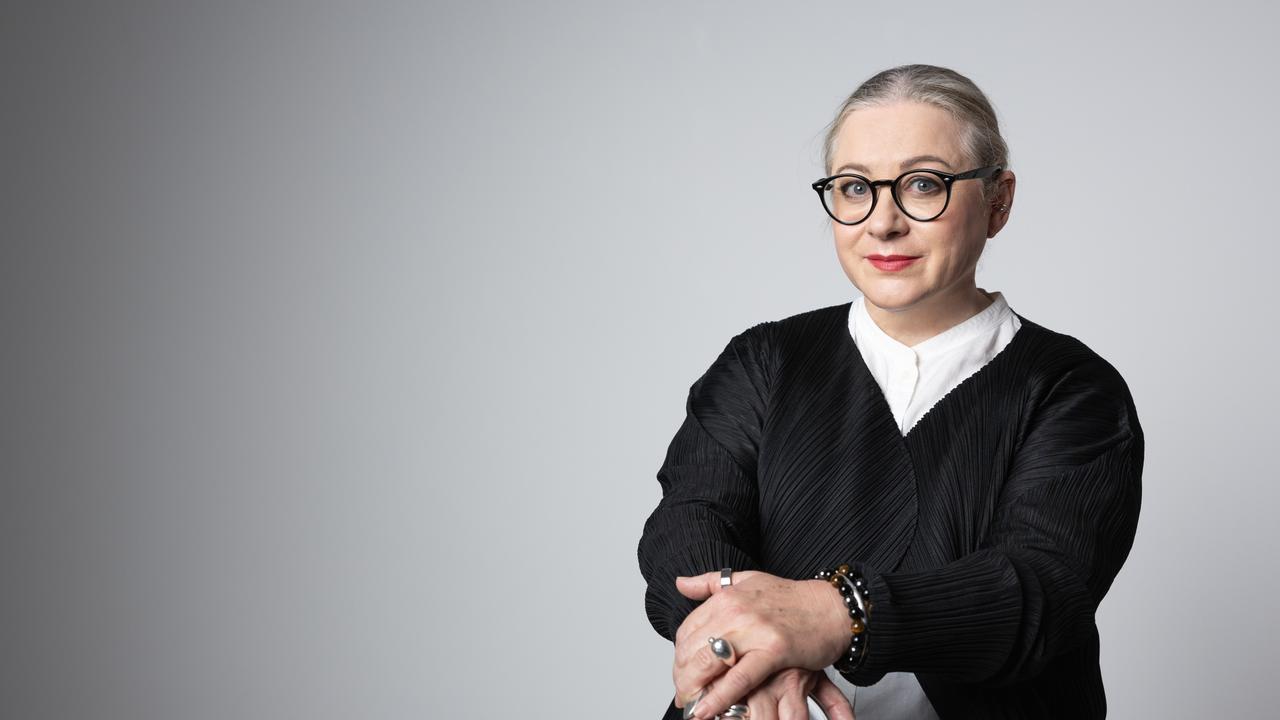Awful apostrophes and other grammatical gangsters
Readers have responded wonderfully to my recent column on awful apostrophes and other grammatical gangsters.

Thanks to all the readers who have responded to the recent column on awful apostrophes and other grammatical gangsters. I will note a few in coming weeks, though it’s going to be hard to top today’s, from Queenslander Elaine Waters, who sent in a photograph of a sign in her local Reject Shop: CUSTOMER INFORMATION. WE DO NOT SELL THE SAUCER’S SEPERARLTY. THERE ONLY AVAILIBLE WHEN YOU PURCHACE A PLANTER. Like Elaine, I don’t know where to begin rejecting that one. As you can see by the photo, what do the purchaced saucer’s sit under? The answer is plant pots.

***
Which is the last funny book to win the Miles Franklin? I don’t mean funny-strange like Helen Demidenko’s The Hand That Signed the Paper in 1995. I mean funny-funny. Peter Carey likes a joke, and his Dickensian riff Jack Maggs, the most recent of his three winners (1998), has sly and wry moments. But I think the last funny-funny winner came a year earlier with David Foster’s The Glade Within the Grove. You may well disagree with me on this, and as always I’m interested to hear your thoughts.
I’m on this comic bent because this week the $10,000 Russell Prize for Humour Writing went to Steve Toltz for his bromantic novel Quicksand. “Toltz scales comedic peaks and plumbs despairing troughs,” the judges said. ”[His] words serve as a scalpel to reveal the absurd beneath the veneer of serious existence.” Toltz’s previous novel, A Fraction of the Whole, which is also funny, and insightful, was longlisted for the 2009 Miles and shortlisted for the 2008 Man Booker Prize.
The biennial Russell Prize, our only award for humour writing, is a new one, with Bernard Cohen the inaugural winner in 2015 for his novel The Autobiography of Robert F. Menzies. This year’s diverse shortlist included Ross Fitzgerald and Ian McFadyen’s Grafton Everest novel Going Out Backwards, volume two of David Hunt’s True Girt: The Unauthorised History of Australia, Darrell Pitt’s sci-fi spoof A Toaster on Mars, Ben Pobjie’s irreverent Error Australis and Rosie Waterland’s memoir The Anti Cool Girl. Congratulations to all.
***
Last week I wrote about a research paper on Australian readers released at the Sydney Writers Festival. I didn’t have room to talk about the festival itself. It was a brilliant gathering of local and international writers. I met the visiting writers I hoped to meet: George Saunders, who was polite to the point of shyness, Susan Faludi, who was warm and charming, Paul Beatty, who was one cool cat, and English classicist Natalie Haynes, who I was scared of because I don’t know my Latin or my Greek, but she was funny-funny. I talked to Richard Flanagan, whose company I always enjoy. His new novel, First Person, is due in October, his first since winning the Booker for A Narrow Road to the Deep North. But the best moment was spotting David Malouf wandering alone in the hotel lobby. He told me he’d turned up to meet Libyan-American writer Hisham Matar, author of the stunning memoir The Return. He was the visitor I most wanted to meet, and Malouf kindly asked me to sit for while. Matar turned up, wearing a blue sports coat decorated — and this is my absolute festival highlight — with a pocket square. I thought they were and extinct sartorial species! The conversation was wonderful too, especially when the authors swapped stories about little ideas that had grown, in ways they did not see coming, into big books.
But the quote of the week goes to someone who wasn’t at SWF, American author Jodi Picoult, for her cover blurb on Celeste Ng’s second novel, Little Fires Everywhere, due in September. “I read Little Fires Everywhere in a single, breathless sitting.” Given it’s a 370-page novel, I trust someone called 911.



